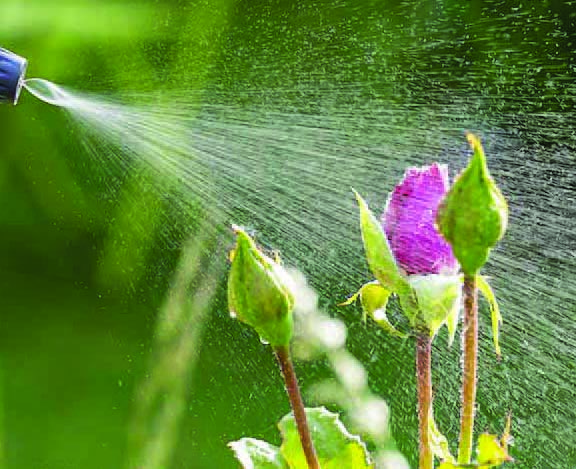
“Whether we are just beginning or refining our systems, we each have something to contribute and something to take forward.” -Mary Lucy Oronje, CABI
When pesticides first hit the market, they have already cleared rigorous safety checks. But farming is never static. New pests appear, scientific data evolves, and trade standards shift. That’s why post-registration reviews, checking in on pesticides after they’ve been approved, are becoming one of the most crucial tools in modern agriculture.
Recently, CABI’s PlantwisePlus programme pulled together regulators and experts from Kenya, Uganda, Sweden, and the EU to unpack the lessons, challenges, and opportunities of keeping pesticide oversight up to date.
A Living System
“Registration is not the end of the story,” said Dr. Githaiga Wagate of Kenya’s Pest Control Products Board (PCPB). “Reviews ensure products remain safe for people, trade, and the environment. It’s a living system.”
The webinar, part of a series of national and regional dialogues, spotlighted how countries are handling post-registration reviews and what others can learn from them.
Kenya’s Digital Push
Kenya is taking a risk-based approach, flagging substances that could pose health, environmental, or trade concerns. Regulators are also embracing digital tools, from residue monitoring to compliance tracking, making oversight more efficient and transparent.
Uganda’s Legislative Reforms
Uganda is focusing on new laws, digital platforms, and stronger market surveillance. According to Dr. Paul Mwambu of MAAIF, aligning with international standards is a top priority: “Harmonization is vital for both protecting our farmers and ensuring access to export markets.”
Lessons from Europe
From Sweden, Ulrike Frank and Helena Casabona of the Swedish Chemicals Agency (KEMI) shared insights from the EU’s long-established systems. Renewal programmes, standardized risk assessments, and regional cooperation have become the norm offering blueprints for adaptation elsewhere.
Shared Challenges, Common Ground
Despite different contexts, familiar obstacles keep cropping up: data gaps, limited resources, and capacity shortages. But there’s also a sense of momentum.
Speakers stressed the value of international frameworks from FAO and WHO, as well as the power of peer-to-peer learning. “Countries don’t need to start from scratch,” noted Casabona. “There’s a wealth of shared experience to build on.”
The Road Ahead
The big takeaway? Collaboration is everything. Countries may be at different stages, but the shared goal is clear: pesticides in use must remain safe, effective, and relevant.
Oronje summed it up best: “We learned some of the best global practices in post-registration reviews and the importance of learning from one another.”
Post-registration reviews may not grab headlines like pesticide bans or breakthroughs, but for farmers, consumers, and ecosystems alike, they could be the most important safeguard of all.
